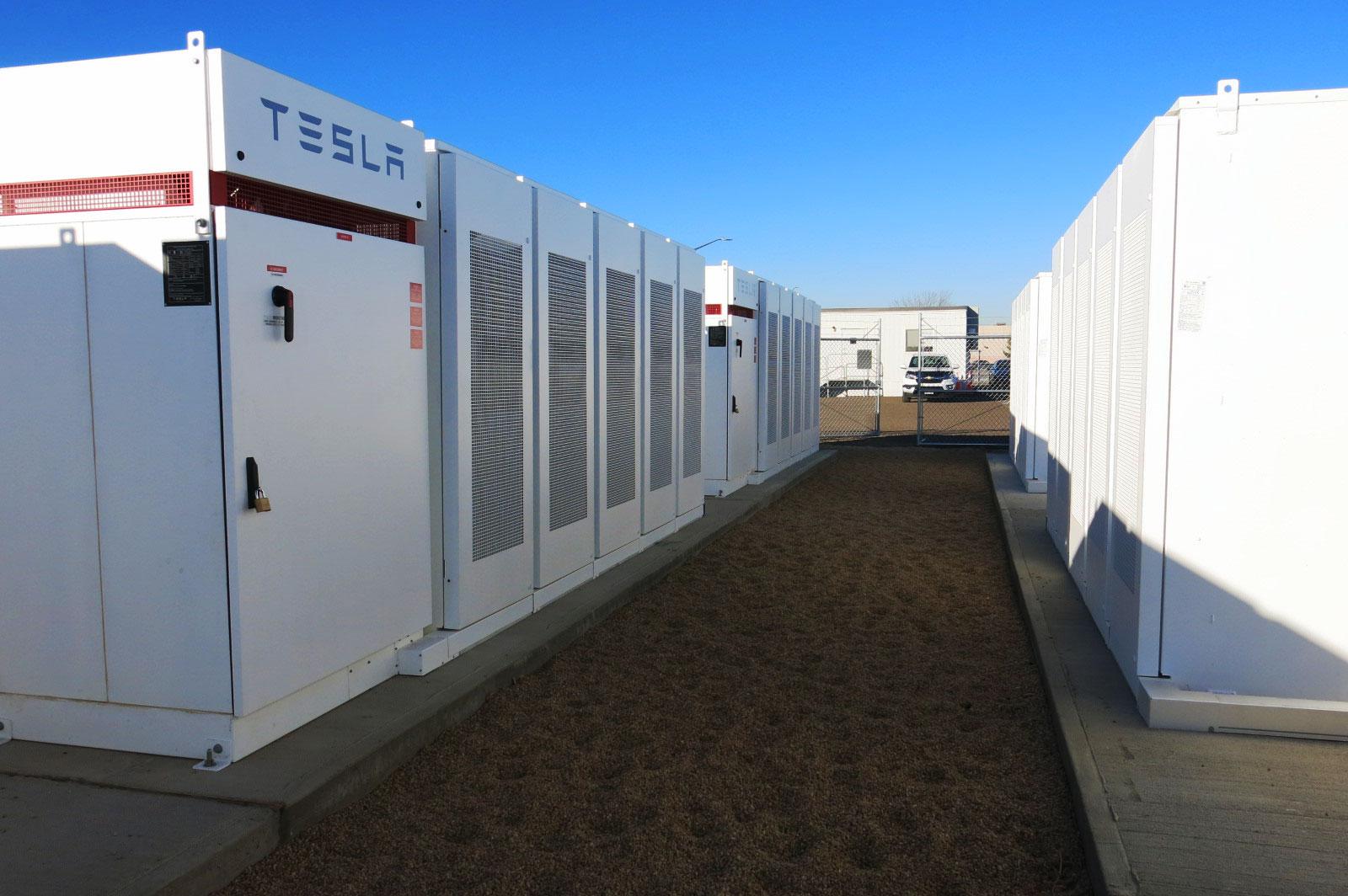

If you plug in an electric car today, chances are you’re drawing electricity that comes from fossil fuel sources, not renewable energy. Gas- and coal-fired power plants generate 78 percent of Colorado’s electricity. Wind, solar and hydro power make up just 22 percent.
Colorado has a long way to go in pursuit of 100 percent green energy. An important key to a future with renewables though will be storage.
“Batteries will help us integrate more clean, carbon-free renewable energy sources like solar and wind,” said Paul Denholm, a scientist who studies battery technology at Golden-based National Renewable Energy Lab.
Colorado utilities are quietly moving to build bigger better batteries. United Power recently deployed the state’s largest battery at their facility east of Longmont. The 4 megawatt/16 megawatt-hour system can deliver power for four hours. Down in Colorado Springs, Fort Carson launched a smaller 4.25 megawatt/8.5 megawatt-hour system that can deliver power for two hours.
United Power said its battery could offset daily energy consumption for 600 homes.
Compared to existing and planned projects in California, Denholm said these Colorado batteries are small. The stated goal in California is for batteries to replace peaker power plants, which typically run on fossil fuels when demand is highest in the summertime.
That will eventually become the goal in Colorado, too.
“With all the projections we’re seeing from battery venders in the next few years, we’ll see more and more places where batteries can straight up beat new peaking capacity,” Denholm said before he added that, “We haven’t quite reached a tipping point.”
While the Centennial State won’t see any giant battery deployments soon, Xcel Energy has three projects planned for 2022. Two systems in Pueblo County, and one in Adams County will total 275 megawatts of storage.
Even though it could take up to three years to deploy the batteries, Delholm said there are side benefits to utilities’ quest for more storage. The effort will drive down battery production costs. Bigger cheaper batteries will find their way to electric vehicles. The whole effort could make future EVs cheaper and boost their range.
That, in turn, could lead to more widespread adoption.
Gov. Jared Polis already hopes to goose the profile of electric car. He issued an executive order in in mid-January to get more electric cars and busses on Colorado’s roads.








